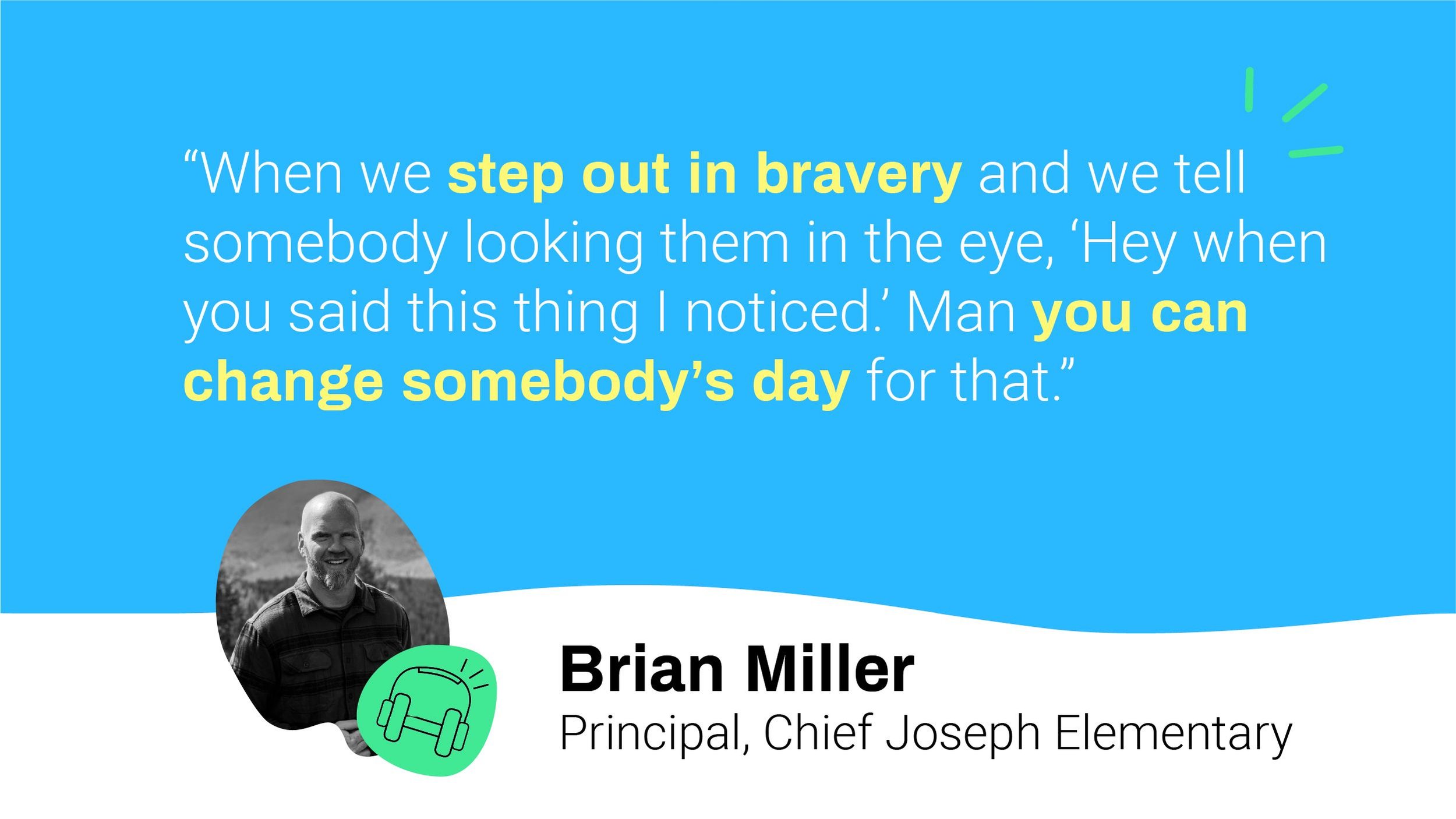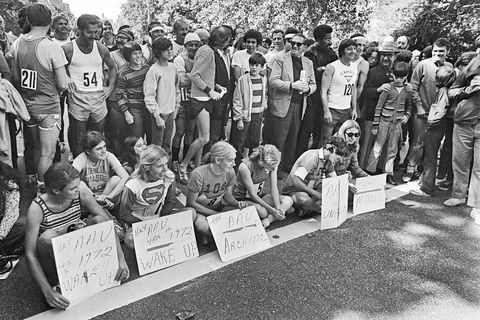Here are a few of my more recent favorites. As always, if you have any you'd like to recommend, let me know (thank you Jenna Baum for recommending One Head, Two Brains!!!).
Enjoy!
If you go to an antique store, you might find posters showing a human head with the brain divided like a map. Reason is in one quadrant, emotion in another. Memory is over here, imagination there. For a long time, the popular representations of hemispheric differences focused on what different parts of the brain do. Iain says what really distinguishes the hemispheres is not what they do but how they do the same things differently (via).
“The brain is divided into two hemispheres” Psychiatrist Iain McGilchrist argues, “so that it can produce two different views of reality. One of the hemispheres, the right, focuses on the big picture. The left focuses on details. Both are essential. If you can't see the big picture, you don't understand what you're doing. If you can't home in on the details, you can't accomplish the simplest tasks.
Iain uses a couple examples to explain, but the one most intriguing was that of a bird finding a worm.
All living creatures need to be able to attend to the world in two different ways, which require quite different attention at the same time. And this is simply not possible unless they can work relatively independently. On the one hand, in order to manipulate the world - to get food, to pick up a twig to build a nest - you need a very precise, targeted attention on a detail in order to be able to achieve that and be ahead of your competition. But if you're only doing that - if you're a bird just concentrating on the little seed, you'll become somebody else's lunch while you're getting your own because you need, at the same time, to be paying the precise opposite kind of attention - not piecemeal, fragmented and entirely detailed but sustained, broad and vigilant for predators and for other members of your species.
It truly is a fascinating discussion of our brain, but it’s also fairly dense and needs some attention. I had to listen to it twice, with the second time sitting at my desk while following the script. It was just too much to handle for a single, somewhat distracted, drive into town.
A perfect sidekick to a left-brain, right-brain debate.
With his book Thinking, Fast and Slow, Daniel Kahneman emerged as one of the most intriguing voices on the complexity of human thought and behavior. He is a psychologist who won the Nobel Prize in economics for helping to create the field of behavioral economics — and is a self-described “constant worrier” (via).
One of the more convicting segments of the podcast comes when Kahneman discuss how we come to conclusions, and why arguing, really, is just a waste of time. “Even if you did destroy the arguments that people raise for their beliefs,” he states, “it wouldn’t change their beliefs. They would just find other arguments.”
the fact that arguments that feel irrefutable come to our mind so easily doesn’t mean that those arguments are the real cause of our beliefs and doesn’t mean much of anything about the validity of the argument. The way that the mind works, very frequently, is that we start from a decision, or we start from a belief, and then the stories that explain it come to our mind. And the sequence that we have when we think about thinking, that arguments come first and conclusions come later, that sequence is often reversed. Conclusions come first, and rationalizations come later.
If something is going wrong in your workplace, there's probably a law that explains why. Like Goodhart's Law, which says if a company decides to measure something, workers will find a way to respond with good numbers. Or, the Peter Principle, which says that every employee tends to rise to their level of incompetence.
Not sure if this is right or left brain, but the unconscious mind is pretty untrustworthy. At least, according to these made up yet accurate laws. I texted this to my fellow admin because I couldn’t help but think of education and test scores specific. Pretty good stuff!
AMI VITALE : Wild Ideas Worth Living
I sent this one to my wife.
In war-torn Gaza, Ami Vitale was asked to “focus on the violence.” Then, one day, while her and all the other photo journalists were capturing kids throwing rocks and soldiers bullets, Ami heard music. She followed it. And found a wedding.
“Why aren’t we telling these stories too,” she thought, “the ones that allow us to relate to one another as human beings.” She suddenly realized she was telling a lie, because she was only telling half the story. “There were all these other stories around us. Stories that allowed us to relate to one another as human beings, {stories} that allowed us to connect” by reminding us that we “share the same things on this planet.”
“As a journalist,” she continues, “I was being asked to create more fear and polarization on this planet and see those people as other and different than us. The truth is, it was just a beautiful young couple wanting the same things that we all want in life. That was when I stopped and asked myself, ‘Why aren’t we telling these stories too?’”
From then on, Ami Vitale changed the way she tells stories. She still captures the hard and terrible ones because that is still very much a part of life, but she also seeks out the beautiful and hopeful, the ones that inspire and spark joy, because those too are a part of life. And Ami Vitale wants to provide a balance and reminder “of our connections”, that we are all human beings on this world, longing for the same things, eager to tell and share our stories.
Another episode I enjoyed by Wild Ideas Worth Living was CHRIS MCDOUGALL – WRITING UNTOLD STORIES ABOUT RUNNING AND AMAZING HUMAN PERFORMANCE. I LOVED the book (Born to Run) and truly enjoyed hearing more of his story. Definitely worth a listen.
Bias And Perception : TED Radio Hour
How does bias distort our thinking, our listening, our beliefs... and even our search results? How can we fight it? This hour, TED speakers explore ideas about the unconscious biases that shape us.
I actually haven’t quite finished this one yet, but it’s pretty golden - especially when considering the habits and attitudes of the right and left sides of our brain.
Enjoy the day, and happy listening.
For more on . . .
-N- Stuff : Podcasts















